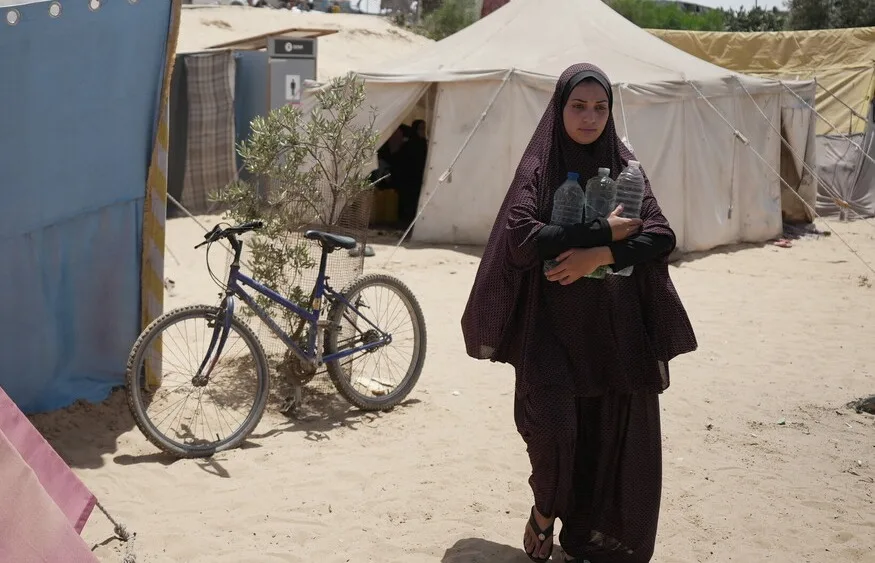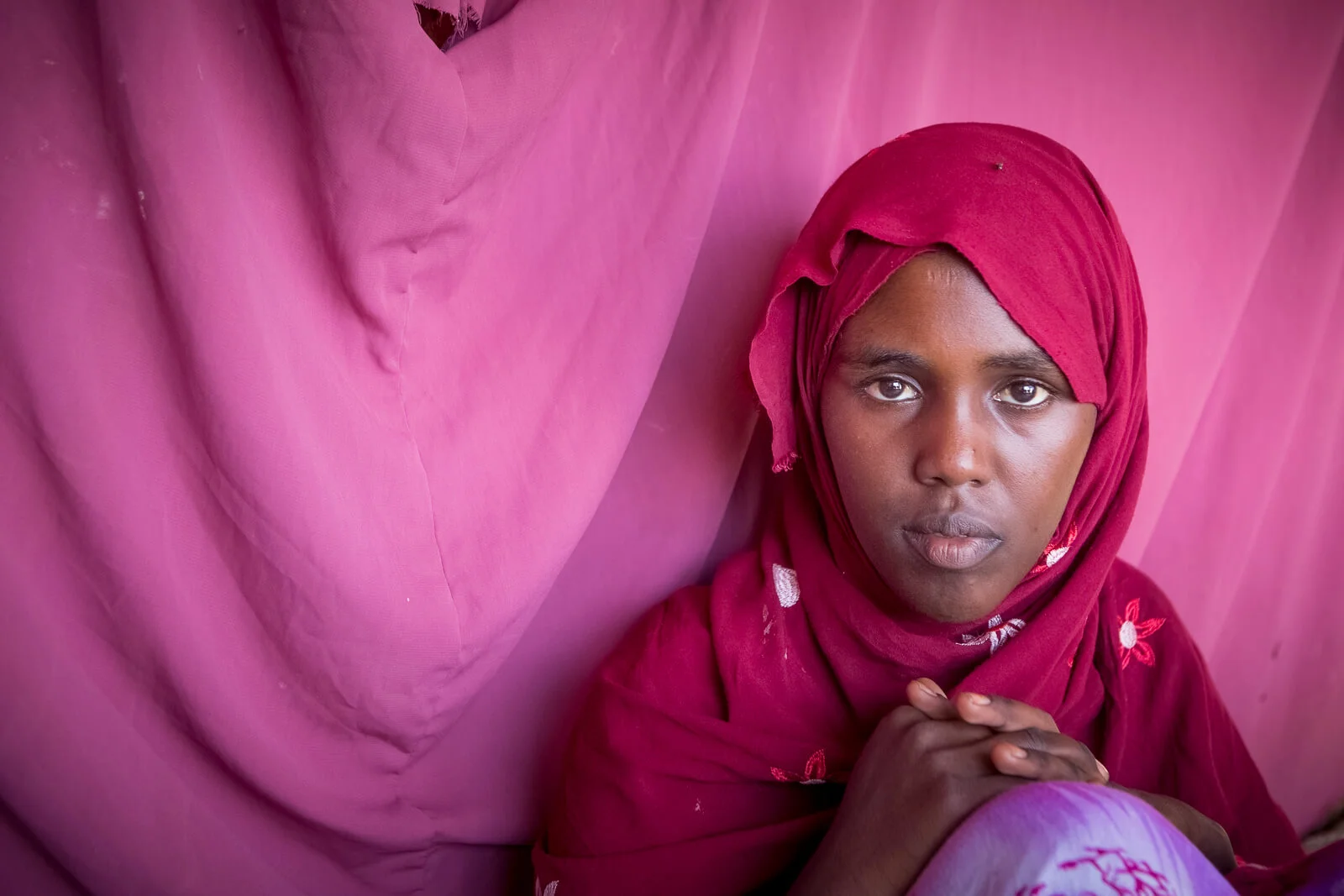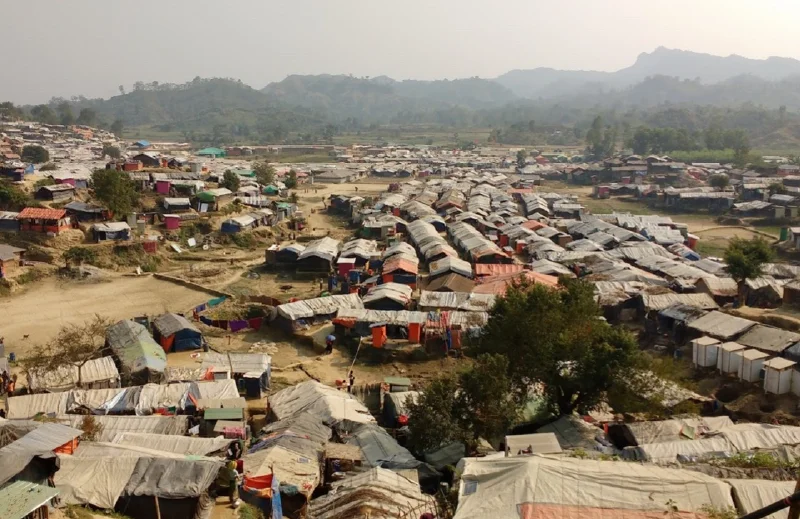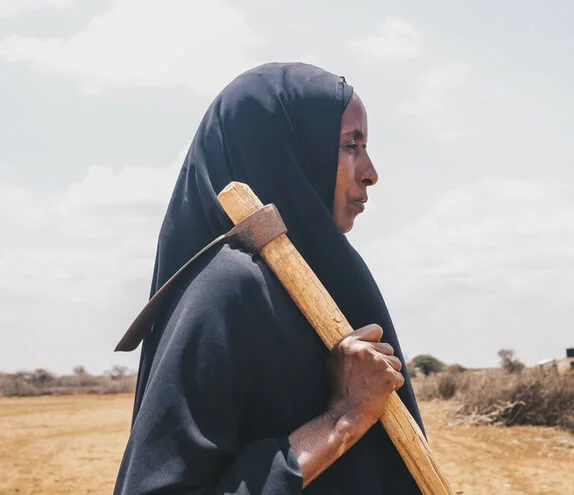Humanitarian aid during emergencies
When a crisis hits, we work with local partners to provide life-saving aid, and support to rebuild.
Donate NowHumanitarian aid helps save lives in times of crisis
Humanitarian crises and disasters are increasing in number and intensity, as climate change is causing more frequent and extreme weather events. Escalating conflicts are also having devastating effects on communities, resulting in large-scale displacement, poverty and migration.
Oxfam is a world leader in delivering humanitarian aid
When a humanitarian crisis strikes — like a flood, famine or conflict — we immediately respond with our local partners, providing life-saving support such as clean water, food, emergency shelter and sanitation facilities.
Once the immediate danger has passed, we work with local communities to rebuild lives and reduce the risk of future disasters.
Our long term development programs and campaigns for change tackle the factors that lead to conflict and disaster such as inequality, poverty and climate change.
Current humanitarian emergencies
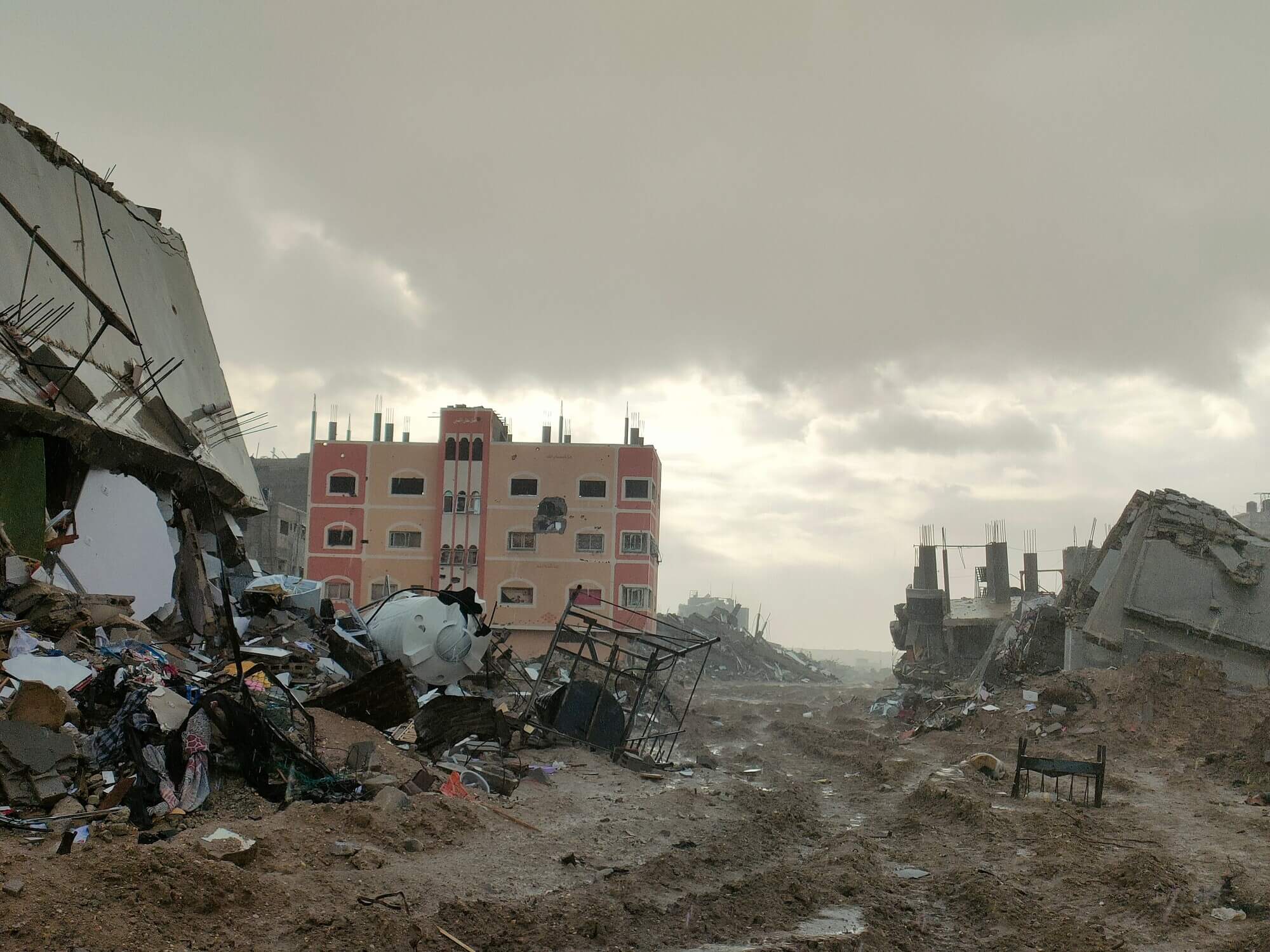
Gaza Crisis Appeal
Please donate today to support the people of the Occupied Palestinian Territory and Lebanon, advocate for a permanent ceasefire and stand for peace.
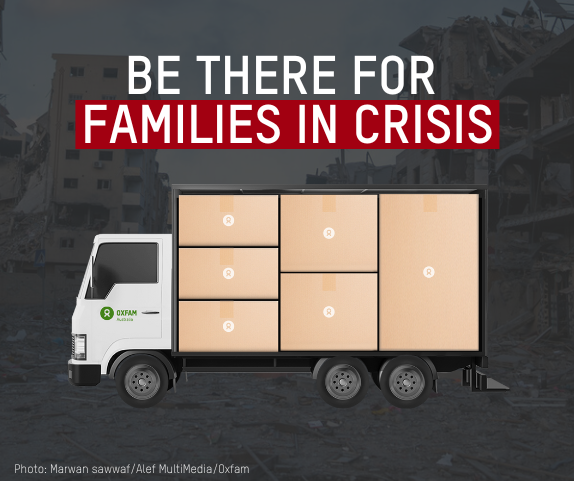
Become a regular supporter
Oxfam is there for families in crisis all over the world. When you join us, you can be, too. A regular donation can help provide communities with the food, water and shelter they need to recover and rebuild.
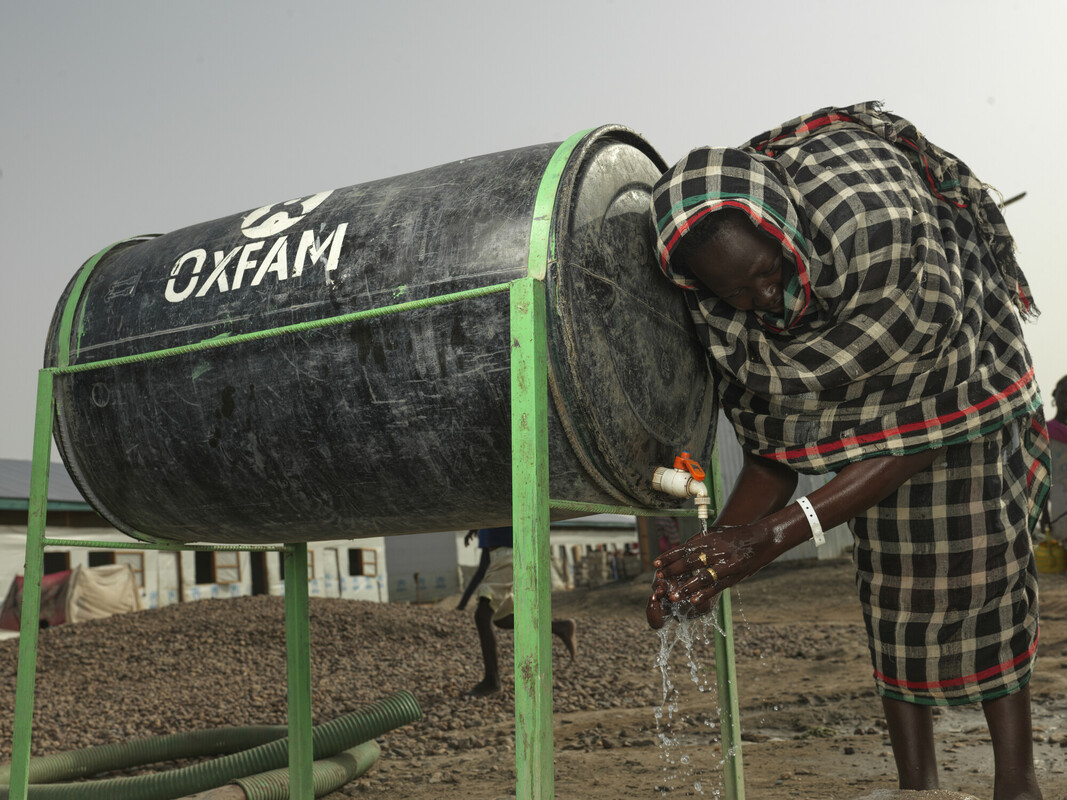
Make a regular donation to Emergency 365
By making a regular donation to Oxfam Emergency 365, you’re helping our response teams save lives every day of the year.
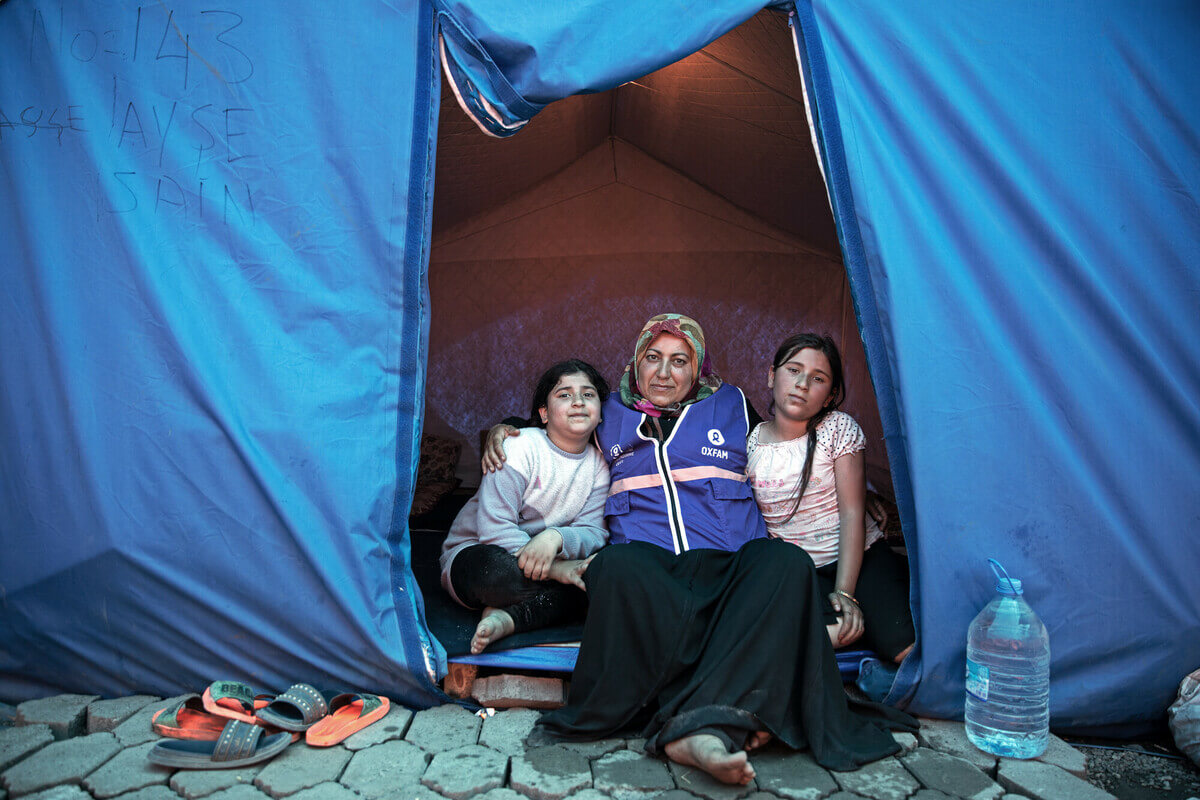
Donate to our International Crisis Fund
Our International Crisis Fund ensures that we’re able to respond quickly and efficiently, to help those most in need when a natural or a man-made emergency occurs around the globe.
Ensuring equal access to safety and services
Everyone has the right to food, water, healthcare and shelter. But when disaster strikes, millions of people can be left without these essentials. Those who are marginalised in a community — such as women and girls or people living with a disability — are at even greater risk during times of disaster, so our humanitarian assistance focuses on delivering life-saving international aid in a safe and fair way.
We partner with local organisations because they are at the forefront of a crisis and know what their communities need. This means it’s the communities who make and implement important decisions about their own health and wellbeing.
We also listen to the lived experience and priorities of communities impacted by inequality and crises, and we respond by offering our resources rather than setting the agenda. We are answerable to these communities and they are at the centre of our responses.
Long-term recovery and resilience
Our initial humanitarian response focuses on saving lives and alleviating suffering. Once the immediate humanitarian needs have been met, we work with communities and local partners to plan long-term recovery.
This might include helping families diversify their livelihoods and reduce the impact of future disasters. We also work with national authorities and local organisations so they will be better able to respond to, and recover from, future humanitarian crises.
Transforming the humanitarian system
In times of crisis, long before help arrives from the outside world, people act to protect themselves and their families from hunger, disease and harm. Local knowledge and community connections are critical to disaster response and recovery.
Our humanitarian response is guided by local knowledge and needs, community participation, accountability, and the inclusion of marginalised groups in decision-making processes. We also advocate for a shift in power and resource allocation to local and national organisations.
Millions of lives could be saved every year if more governments took action to protect and assist civilians caught up in war and disaster. As champions of justice and equality, we advocate for systems and laws that protect people in times of conflict to be upheld and function properly. Often, this means putting pressure on governments to respect and act according to their obligations.
We also lobby for improvements in the quality of humanitarian assistance provided by the international community; in terms of how hunger is addressed, how funding mechanisms work and how well humanitarian relief is coordinated.
Humanitarian aid facts
- One in 23 people globally needs humanitarian assistance and protection (UN OCHA).
- At the end of 2022, more than 108 million people had been forcibly displaced from their homes because of persecution, conflict, violence or human rights violations (UNHCR).
- More than 1% of the world’s population is displaced from their homes (about 79 million people), and about 42% of them are children (UN OCHA 2022).
- Climate change-fuelled disasters are rising and the number of people needing life-saving humanitarian aid is increasing. Figures for 2023 were forecast at 339 million people, 65 million more than 2022 (UN OCHA).
- Up to 216 million people may have to move within their own countries by 2050 due to the effects of climate change (World Bank 2021).
How is Oxfam delivering humanitarian aid?
1) Helping in crisis
In a world overwhelmed by crises, Oxfam Australia alongside local partners delivers life-saving support exactly where and when it’s needed. We help people in distressing and often vulnerable situations, survive, rebuild, and recover, ensuring they overcome challenges and emerge stronger than before.
2) Saving lives
When disasters and conflicts strike, Oxfam Australia springs into action, providing vital aid to save lives. We’re there at the crucial moments, alongside local partners delivering the support needed to protect those at greatest risk.
3) Building resilience
When people have the tools to take care of themselves, they can overcome crises without being left vulnerable and helpless. Oxfam Australia with local partners help people build this resilience, giving communities the strength and confidence to face future challenges and thrive without outside support.
Reports & Ressources on Humanitarian Aid
Help fight famine: The urgent case to save lives at a time of polycrisis (2023)
Amidst conflict, COVID-19, inequality, and climate change, compounded crises escalate global suffering. Humanitarian funding falls 44% short in 5 years, as wealthy nations neglect obligations. Australia, wealthy yet sparing, ranks low in proportional humanitarian aid among affluent countries.
Access ReportFailing those at risk (2023)
We have a complex humanitarian aid system that is currently not meeting the needs of the most vulnerable. By reflecting on the incentives that shape behaviour and considering how we analyse and problem solve, a more profound change process might be started, leading to a positive systemic transformation.
Access reportDangerous delay 2 – The cost of inaction (2022)
Globally, an estimated 181 million faced severe hunger in 2022. Immediate intervention is vital to save progress and children’s lives. However, addressing root causes like inequality, conflict, and climate change is essential to break the cycle of recurrent crises affecting millions.
Access Report
FAQs
What is a humanitarian emergency?
A humanitarian emergency or crisis refers to conflicts, wars and disasters such as floods, fires, cyclones, earthquakes, landslides and volcanic eruptions. Climate change is increasing the number and severity of many disasters and intensifying conflict over natural resources.
Humanitarian emergencies can be complex and long-term such as protracted conflict, or sudden-onset emergencies such as floods or earthquakes.
What is a humanitarian?
A humanitarian is a person who seeks to promote human welfare and improve the lives of others, often through charitable work or advocating for social justice, economic equality, human rights and relief efforts. Humanitarians typically focus on alleviating suffering caused by poverty, war, natural disasters, or social inequalities.
What is humanitarian aid?
Humanitarian aid (sometimes called humanitarian assistance) is the delivery of lifesaving relief supplies to people during a crisis. This includes food, water, emergency shelter and medicine.
What is the main goal of humanitarian aid?
The purpose of humanitarian aid is to save lives and alleviate suffering during times of crisis or disaster. A humanitarian response includes the delivery of humanitarian relief items such as food, clean water, shelter and healthcare.
What are some different types of humanitarian crises?
Humanitarian crises can include war and conflict, floods, cyclones, earthquakes or volcanic eruptions. Climate change is increasing the number and severity of humanitarian crises by creating more severe weather events, sea level rise and increasing the demand for natural resources.
What are some examples of humanitarian aid?
Humanitarian aid often involves the delivery of essential and lifesaving food, water, shelter and medicine. It also incorporates activities that increase protection and safety for vulnerable people in times of crisis.
What are humanitarian aid workers?
Humanitarian aid workers are skilled and trained professionals who work with humanitarian organisations to deliver humanitarian assistance.
How can I become a humanitarian aid worker?
To become a humanitarian aid worker, a candidate generally needs an undergraduate degree. Some organisations also recruit skilled professionals — like engineers or healthcare workers — who are deployed to emergency situations to supplement the local response team.
What is Oxfam doing to prevent or prepare for disasters?
Oxfam is supporting community-level peace-building projects to prevent conflicts. We are also reducing the risk and impact of disasters by helping vulnerable communities adapt to climate change as well as ensuring they’re equipped to cope with any kind of disaster.
How is Oxfam improving international responses to crises?
We draw on our experience and knowledge of disaster and conflict causes and dynamics to influence and improve the way the international community prevents, prepares for and responds to crisis. We promote adherence to international laws that protect the rights of people caught up in crisis. We also hold UN member states accountable to these laws and their responsibilities to protect and assist civilians.
Discover other areas of our work
first Peoples Justice
Working with First Peoples to achieve the change they seek.
gender Equality
Empowering women and girls to earn, learn and lead.
climate Justice
Ensuring justice for communities impacted by the climate crisis.
economic Inequality
Empowering communities to lift themselves out of poverty.
